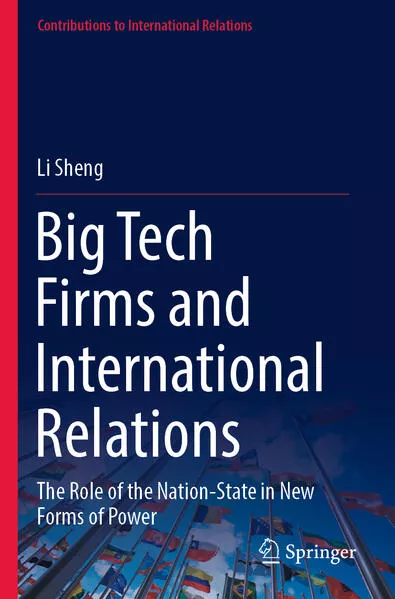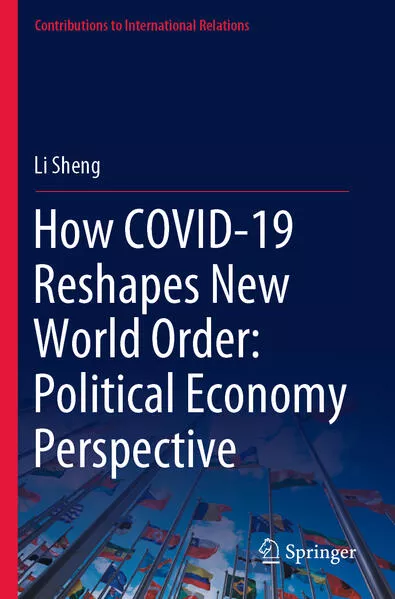
- Publikationen ca: 4
- Fragen & Antworten
Li Sheng
- How COVID-19 Reshapes New World Order: Political Economy Perspective
- Big Tech Firms and International Relations
Li Sheng, Edmund, is a professor of political economy and public policy and the associate dean of Faculty of Social Sciences, University of Macau. He received his master and PhD of economics from Universitaet Freiburg, Germany, after graduating from Peking University. His recent research focuses on international political economy. He has published over 60 research papers in peer-reviewed academic journals, among which 40 are published in journals listed in the Social Sciences Citation Index. He has published two monographs with Palgrave MacMillan, and another one is in press.
Big Tech Firms and International Relations
This book presents cutting-edge research and exploration of the role of nation-state when big tech firms present themselves as new participants in contemporary international relations that act on an equal footing with nation-states. The general research goal of this book is to identify the justifications that nation-states have adopted to regulate the big tech firms and the impacts of this process on international trade in the main economies in the world.
How COVID-19 Reshapes New World Order: Political Economy Perspective
This timely book explores economic, political, social, and cultural impacts of the COVID-19. It aims to reveal a future world shaped by the worldwide pandemic. The main content of this book is divided into 5 parts: the pandemic—a short sketch of the pandemic through 2020, the acceleration of the global power transition: from East to West, comparison between authoritarian and democratic in the pandemic era, global international organizations under the COVID-19 influence, and regional international organizations under the COVID-19 influence.
Big Tech Firms and International Relations
This book presents cutting-edge research and exploration of the role of nation-state when big tech firms present themselves as new participants in contemporary international relations that act on an equal footing with nation-states. The general research goal of this book is to identify the justifications that nation-states have adopted to regulate the big tech firms and the impacts of this process on international trade in the main economies in the world.
Big Tech Firms and International Relations
This book presents cutting-edge research and exploration of the role of nation-state when big tech firms present themselves as new participants in contemporary international relations that act on an equal footing with nation-states. The general research goal of this book is to identify the justifications that nation-states have adopted to regulate the big tech firms and the impacts of this process on international trade in the main economies in the world.



